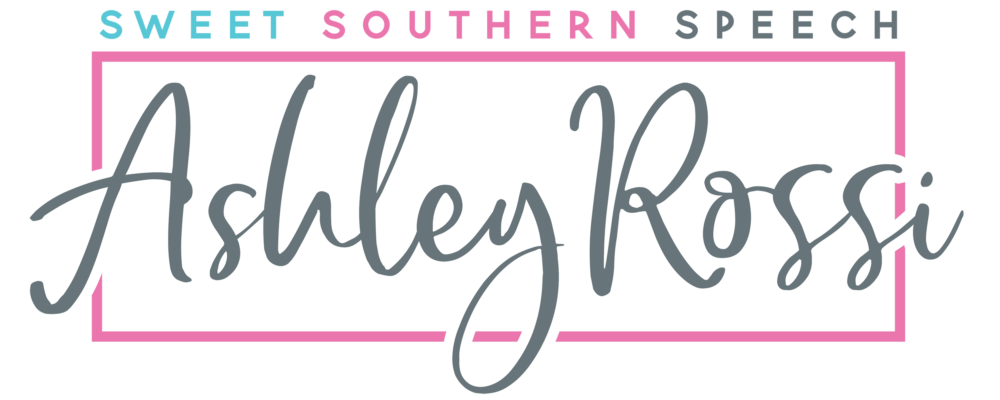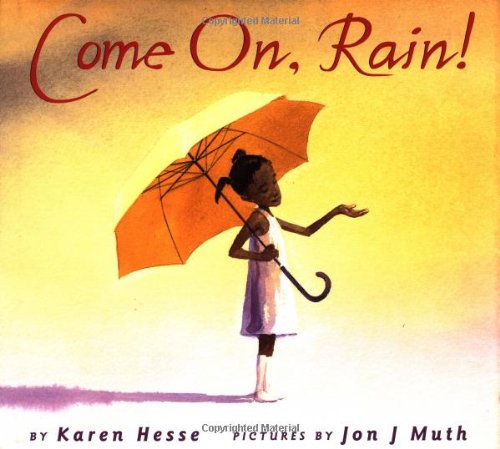“Come on, rain!” Tess pleads to the sky as listless vines and parched plants droop in the endless heat. Up and down the block, cats pant while heat wavers off tar patches in the broiling alleyway. More than anything, Tess hopes for rain. And when it comes, she and her friends are ready for a surprising joyous celebration.
This thirst quenching summer and weather book can be used in speech therapy to address social/emotional issues like the effects of drought. It is also great for targeting inferencing, figurative language, linguistic verbs, and adjectives as well as for targeting /r/ and /s/ blend sounds! Discover more of the speech and language teaching concepts for using Come On, Rain! in speech therapy below:



